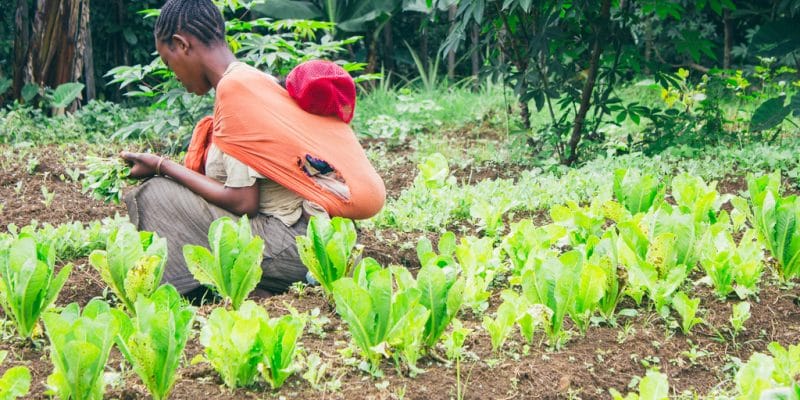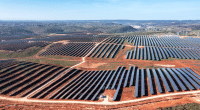ECOWAS aims to raise $80 million to support small farmers in the sub-region over the period 2020 to 2027. The challenge: to enable them to move towards more intelligent agricultural practices that are resilient to climate change.
African agriculture must adapt to climate change in order to be more resilient. To this end, the Economic Community of West African States (ECOWAS) has decided to set up the West African Climate Smart Agriculture Initiative (WAISCSA). This financial instrument should make it possible to mobilise 47 billion CFAF, or about 80 million dollars, to support small farmers.
The money will be deployed in two ways: a financial component, on the one hand, and technical support on the other. The financing, which represents 80% of the amount, will be provided by the ECOWAS Investment and Development Bank (EBID), while the technical aspect will be managed by an ECOWAS agency. During COP25, which closes on December 13, 2019 in Spain, ECOWAS held two side events to present this financing mechanism, on one side, and its West African initiative for smart agriculture in the face of climate change, on the other hand.
For Soumaré Ndiaye, ECOWAS Climate Advisor, “this is a West African initiative for climate-smart agriculture that aims to promote the adoption of climate-smart farming practices (AIC)”. ECOWAS will also set up a pool of experts to help small farmers better identify and secure funds to finance their projects.
The challenges of smart agriculture in West Africa
In recent years, rainfall has declined considerably in West African countries due to climate change. In countries such as Liberia, Niger, and Sierra Leone, the temperature increased by 3.5°C compared to 2°C in the other countries of the sub-region. And this situation has an impact on agriculture. On the contrary. Among other things, it leads to genetic erosion, as some plants become unable to survive, threats to plants and animals, affects the physiology of crops… The productivity of some crops such as sorghum and groundnuts is seriously threatened by climate change.
These challenges underpinned the participation of African States in the Cop 25. They want more transition funds dedicated to climate-smart agriculture, which they identify as the solution to food insecurity.
Luchelle Feukeng







